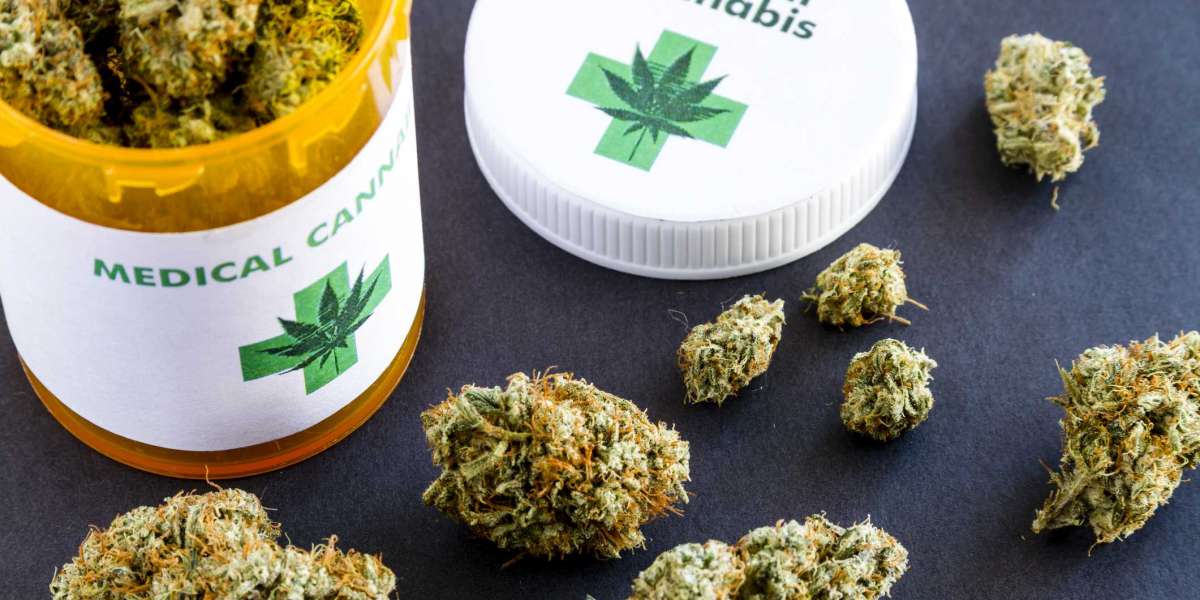Cannabis is a popular substance that is consumed by millions of people around the world. It has been used for various purposes, including medicinal and recreational use. However, one issue that arises with frequent cannabis use is cannabis tolerance. Tolerance occurs when the body adapts to the effects of cannabis, causing users to require higher doses to achieve the same effects. In this article, we will explore the concept of cannabis tolerance in detail, including its causes, effects, and ways to manage it.
What is Cannabis Tolerance?
Cannabis tolerance is a condition in which the body adapts to the effects of cannabis, causing users to require higher doses to achieve the same effects. Tolerance can occur with both recreational and medicinal cannabis use and is a common occurrence among regular users.
Causes of Cannabis Tolerance
Several factors can contribute to the development of cannabis tolerance, including:
- Frequent use: The more frequently you use cannabis, the higher your tolerance levels are likely to be.
- Genetics: Some people may be more genetically predisposed to developing tolerance than others.
- Method of consumption: Tolerance levels can vary depending on how cannabis is consumed. Smoking and vaporizing tend to produce faster onset and higher peak effects, leading to quicker tolerance development.
- Strain and potency: Different strains of cannabis have different levels of potency, which can affect tolerance levels.
Effects of Cannabis Tolerance
Cannabis tolerance can have several effects on the body and mind, including:
- Reduced effects: As tolerance levels increase, users may experience reduced effects from the same dose of cannabis.
- Increased consumption: To achieve the desired effects, users may need to consume higher doses of cannabis, leading to increased risk of adverse effects.
- Withdrawal symptoms: If users stop using cannabis or reduce their consumption, they may experience withdrawal symptoms such as irritability, insomnia, and anxiety.
- Financial costs: Tolerance can also result in higher costs for users who need to purchase larger amounts of cannabis to achieve the desired effects.
Managing Cannabis Tolerance
While it is not possible to completely eliminate cannabis tolerance, there are several ways to manage it, including:
- Taking breaks: Regular users can reduce their tolerance levels by taking breaks from cannabis use. A few days to a few weeks of abstinence can help reset tolerance levels.
- Switching strains: Users can also try switching to a different strain of cannabis with different levels of potency to reduce tolerance levels.
- Changing the method of consumption: Users can try different methods of consumption, such as edibles or tinctures, which can produce different effects and reduce tolerance levels.
- Microdosing: Microdosing involves consuming small amounts of cannabis throughout the day to maintain the desired effects without increasing tolerance levels.
- Consult a healthcare professional: If you are using cannabis for medicinal purposes, it is important to consult a healthcare professional to determine the best way to manage tolerance.
FAQs:
Q: Is cannabis tolerance permanent?
A: No, cannabis tolerance is not permanent. It can be managed through various strategies, including taking breaks from use and switching strains.
Q: How long does it take to reduce cannabis tolerance?
A: The time it takes to reduce cannabis tolerance varies depending on the individual and their usage patterns. Taking a break from use for a few days to a few weeks can help reset tolerance levels.
Q: Can cannabis tolerance lead to addiction?
A: While cannabis tolerance is not necessarily indicative of addiction, it can increase the risk of addiction if users continue to consume higher doses to achieve
Conclusion
Cannabis tolerance is a common occurrence among regular users, but it can be managed through various strategies. By taking breaks from use, switching strains, and changing the method of consumption, users can reduce their tolerance levels and maintain the desired effects without increasing the risk of adverse effects or addiction. It is important to consult a healthcare professional if using cannabis for medicinal purposes to determine the best way to manage tolerance. By understanding how cannabis tolerance works and taking proactive steps to manage it, users can continue to enjoy the benefits of cannabis while minimizing the risks.



